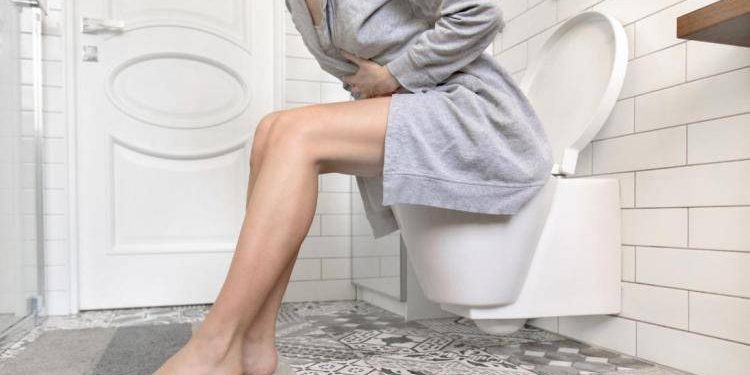Why is it painful when i urinate?
Dysuria is the medical term for uncomfortable, burning or painful urination. It is a common symptom and a frequent reason for a consultation with a urologist. There are many underlying causes including infections, inflammatory conditions, trauma, injury, and pelvic floor dysfunction.
There are also numerous non-infectious causes of painful urination. Urine contains waste products and if the urine concentration is too high because of insufficient hydration, one may experience burning. This happens particularly with the first urination of the day, when the urine is most concentrated because of the relative dehydration from the hours spent sleeping without consuming liquids. During the process of prostate radiation therapy as treatment for prostate cancer, radiation-induced inflammatory changes of the prostate may occur, resulting in irritative lower urinary tract symptoms and painful urination. On occasion, a long-term consequence of pelvic radiation therapy is RADIATION CYSTISIS, that can manifest with bleeding, irritative lower urinary tract symptoms and painful urination. Interstitial cystitis, a painful inflammatory condition of the bladder that may severely impact one’s quality of life, causes painful urination, pelvic pain and urinary frequency.
People with a vagina are more likely to develop UTIs than people with a penis. This is because the urethra is shorter in those with a vagina. A shorter urethra means that bacteria have a shorter distance to travel to reach the bladder.
People who are pregnant or menopausal also have an increased risk of developing urinary tract infections.
Painful urination due to a bacterial infection usually improves fairly quickly after you start taking medication. Always take the medication exactly as your doctor prescribes. Pain associated with some infections, such as interstitial cystitis, may be more challenging to treat. Results from drug therapy may be slower. You may have to take medication for up to 4 months before you start to feel better.
HOW CAN I PREVENT IT ?
- Steer clear of scented laundry detergents and toiletries to reduce your risk of irritation.
- Using condoms or other barrier methods during sexual activity.
- Modify your diet to eliminate food and drinks that can irritate the bladder (such as highly acidic food and caffeine).
- Staying hydrated.



